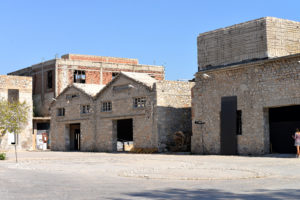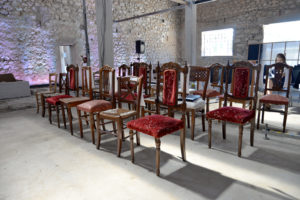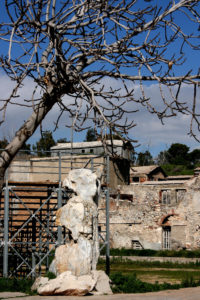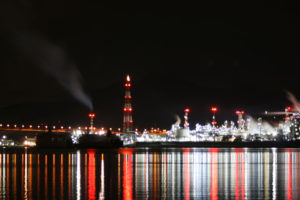The 3rd HMO International HerMa Conference on Heritage Management will be hosted in the Paleo Eleourgio, the infrastructure of the old olive-oil and soap-making plant at Elefsina. The industrial complex embodies the significant commercial floruit achieved in the 19th century, at both local and national level.
The soap factory Charilaou was founded in 1875 by the brothers Lysander and Emmanuel Charilaos, who came from Galati in Romania to Elefsina, prompted by the production there already of household soap. As their source of energy they used steam power, exploiting as raw materials olive kernels, enriched with a few other substances. The product was transported easily by ships as far as the ports of Patras, Syros and Piraeus. The annual production reached a total of 600,000 tonnes; of which 175,000 were exported to various Mediterranean countries. As a result of such a large-scale, for those times, level of production, the Σάπων Ελευσίνος (Soap of Eleusis) rivalled French products.
In 1892, Epaminondas Charilaos, a chemist who had studied in France and Germany, went into cooperation with Nikolaos Kanellopoulos, also a chemist: they bought the soap factory. It was thereafter known as the E. Charilaos-N. Kanellopoulos factory. The plant, which at the beginning of its operation had 20 workers, in 1900 had grown to employ 90 (10 of which were women) and by 1928 had mushroomed to more than 250! However, all production ceased in the 1960s.
The inactive area of Paleo Eleourgio hosts now cultural events and in the facilities in general here is a plan to create permanent cultural spaces, parks and a parking station.





